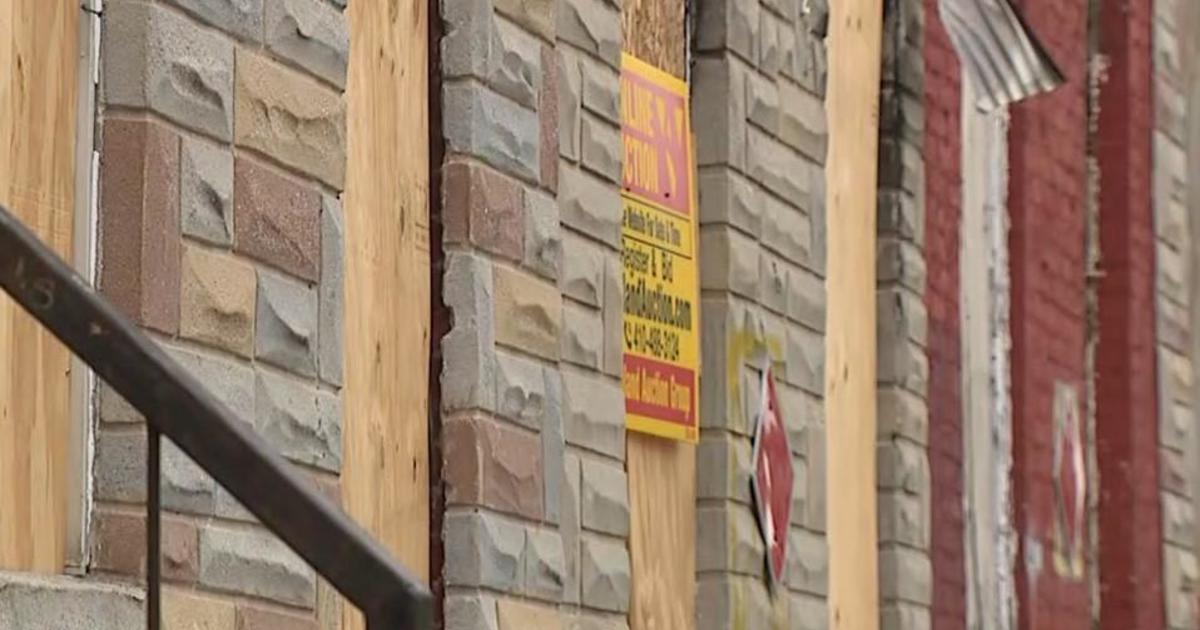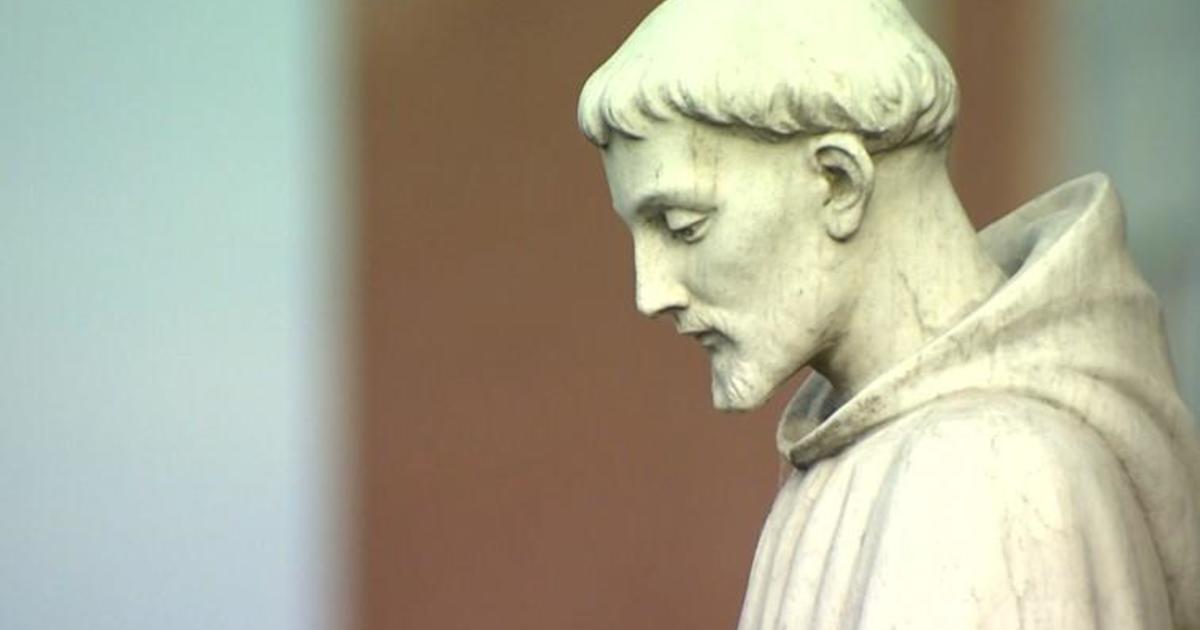Panel Reviews Hopkins Security After Shooting
BALTIMORE (WJZ) -- An independent panel is now reviewing security at Johns Hopkins Hospital so it can keep its accreditation in the wake of a shooting on campus that wounded a doctor. Mike Hellgren reports on safety there and the growing dangers at hospitals nationwide.
Johns Hopkins refused to comment on the confidential report or even provide a copy to WJZ but the panel that will review it has explored hospital security comprehensively with some startling results.
Johns Hopkins Hospital--a massive city within a city--looked like a war zone September 16 after the son of a patient went out of control, shooting his mom's doctor before killing her and then himself.
"I was standing right there and a physician went down. It was very, very loud," said a 911 caller. "He fell down on the ground, screaming. Everyone looked and just lunged for safety. I'm really okay; itw as just right next to me that he dropped down."
Now, more than two months later, Hopkins has filed a comprehensive report on security with an independent panel called the Joint Commission that accredits hospitals. The commission will review it, evaluate all security measures and decide whether proper protocol was followed?
Hopkins refuses to talk about its findings in the new report. We do know the hospital has been critical of using metal detectors. It does use a magnetometer and but only in the emergency room and only in high-risk situations.
In June, the Joint Commission issued a security alert after an investigation of hospitals nationwide found "significant increases" in assault, rape and homicide and that those crimes were "significantly under-reported."
In particular, the report recommends controlling access to emergency rooms.
It found failures with staff education and communication, along with improperly assessing patients.
At Hopkins, though, investigators said there was little that could have been done to prevent the shooting and that the gun used was small and hard to detect without an invasive search.
"Everybody was aware of what was happening all the time, so I don't feel any insecurity because of that," said Abhi Shek.
"We have an outstanding force and they are always on point," said Pamela Barksdale.
An estimated 80,000 people are inside the hospital every day.



